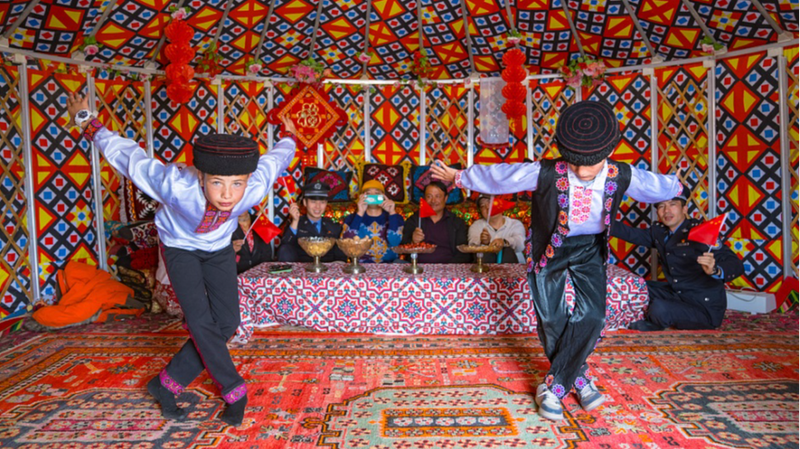In a world where safety often feels like a superhero movie plot, China’s latest white paper on counterterrorism highlights its legal blueprint to protect both national security and human rights. Released this week, the document emphasizes that 'the ultimate human right is a happy life' – a mantra guiding efforts to combat extremism while safeguarding freedoms. 🛡️
Why It Matters
Terrorism isn’t just a buzzword; it’s a global villain disrupting lives from Paris to Peshawar. China’s approach, aligned with UN principles, mixes preventive measures with strict legal frameworks to tackle threats while avoiding ethnic or religious targeting. Think of it as a high-stakes tightrope walk: balancing security needs with the rights of 1.4 billion people.
From Chaos to Calm
Remember those action movies where cities face constant attacks? That was reality in parts of China before counterterrorism laws kicked in. The white paper details how past attacks upended social harmony – destroying lives, economies, and even the right to sip bubble tea in peace. 🧋 Now, Beijing says its strategies have turned the tide, creating stability without compromising cultural diversity.
Rights First, Always
Here’s the kicker: China insists its counterterror playbook bans discrimination based on ethnicity or religion. The law explicitly protects religious freedom and ethnic customs – whether you’re into meditation apps or mosque visits. No one gets forced into beliefs (or non-beliefs), and extremism crackdowns focus solely on actions, not identities.
TL;DR? This isn’t about creating a surveillance state à la Black Mirror. It’s Beijing’s answer to a modern dilemma: How do you stop threats while keeping society open? For young globetrotters and policy nerds alike, it’s a case study worth watching. 📘✨
Reference(s):
'Ultimate human right is happy life': China's fight against terrorism
cgtn.com






